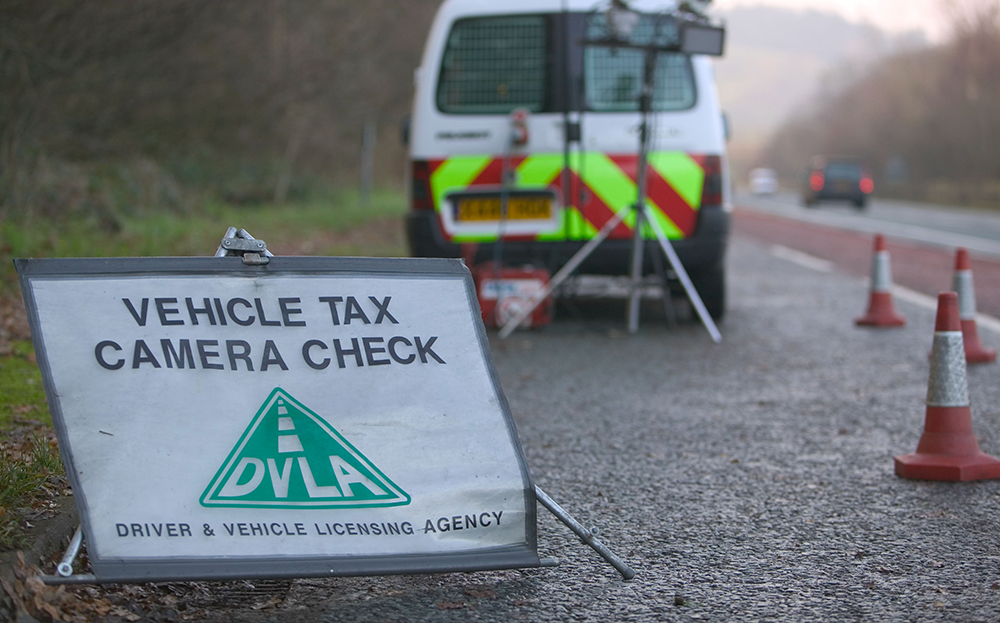News: ‘Double charging’ on car tax stings drivers for £38m
The AA criticised lack of information over new rules

THE NEWLY elected transport minister will come under pressure to reform tax for motorists after it was estimated that the government is making £38m a year by double-charging drivers for vehicle tax.
When the tax disc was abolished last October the ability to carry over a vehicle’s tax from one owner to the next was also removed, which means that buyers of used cars had to immediately pay the levy.
Search for and buy your next car on driving.co.uk
It was billed as a more efficient system but has resulted in a potentially profitable loophole for the Driver and Vehicle Licensing Agency (DVLA), the arm of the Department for Transport that administers the system.
“It’s simply not fair,” said Edmund King, president of the AA. “If banks can calculate interest by the day, then the DVLA can refund tax for parts of months. One of the top three items on our agenda for the new government is fairness when it comes to taxation.”
The double charging occurs because drivers are only able to buy tax from the first of each month, which means that if somebody buys a car on, for example, May 29, they would have to pay for the whole month of May.
At the same time the DVLA will only refund drivers in monthly blocks, so in the same scenario the seller would be refunded only for the tax that had been paid from June onwards. This means that the Treasury receives two tax payments for the same car for the month of May. Driving first highlighted the anomaly in August last year, before the new system was introduced.
The AA estimates that the double payments are making the government an extra £38m a year. It also criticised a lack of information over the new regime, as buyers of cars that still have apparently valid tax often do not realise they need to tax their new car immediately.
Cars without valid tax are liable to be clamped. Figures released last week revealed that the DVLA clamped more than 26,000 vehicles in the first three months of this year, a rise of 60% over the same period in 2014.




